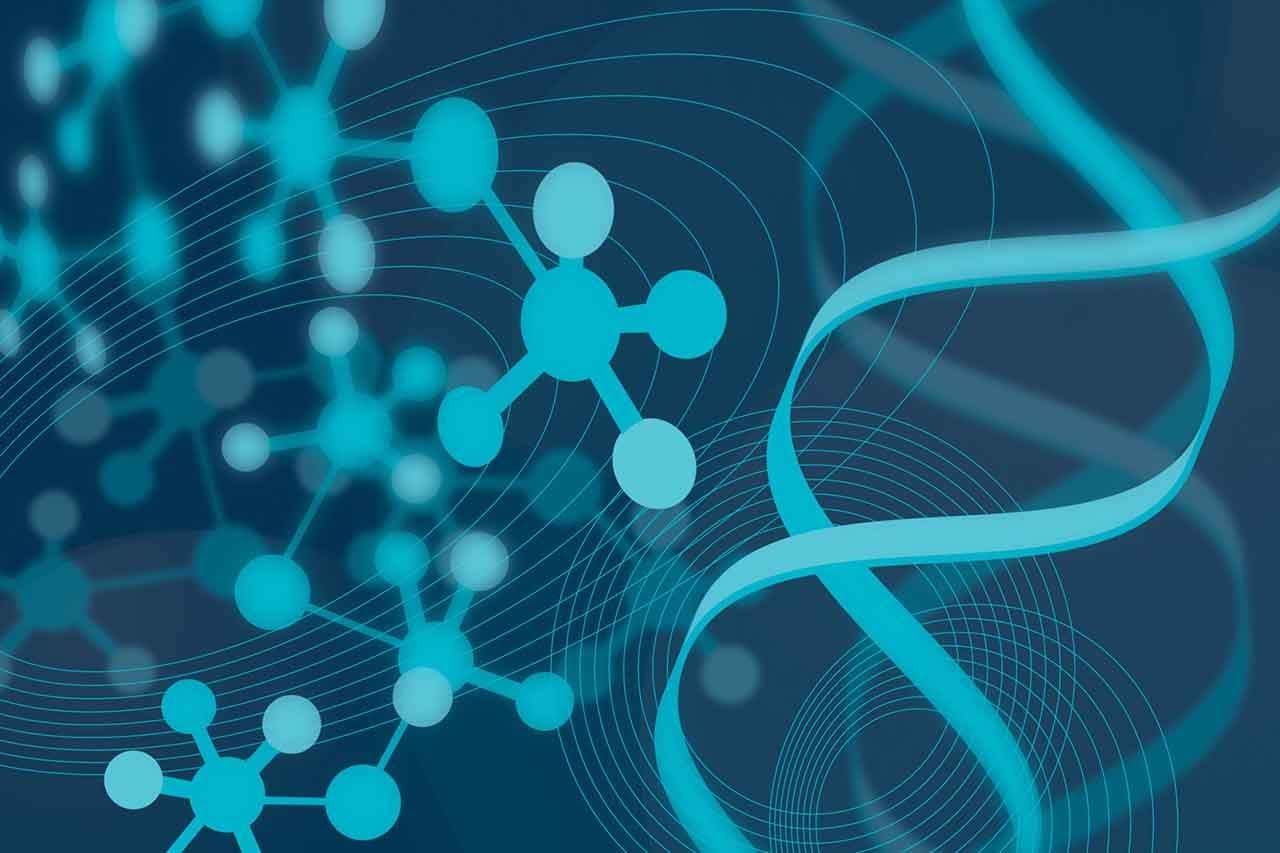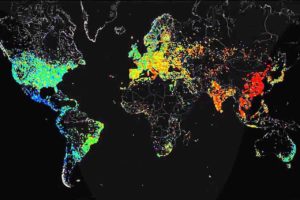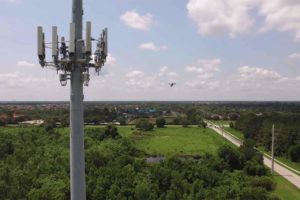Do you remember the 3 1/2 inches floppy disk which could hold a whopping 1.44 megabytes of information? Today I carry around a device that has more than 44,000 times the storage capacity of old floppy disk.
It turns out the future isn’t just about thinking big; it’s also about thinking small. For example, what if we wanted to fit 150 of my smartphones, that would be equivalent of about 10,000 gigabytes on the head of a pin. We can do that, if our storage medium is DNA.
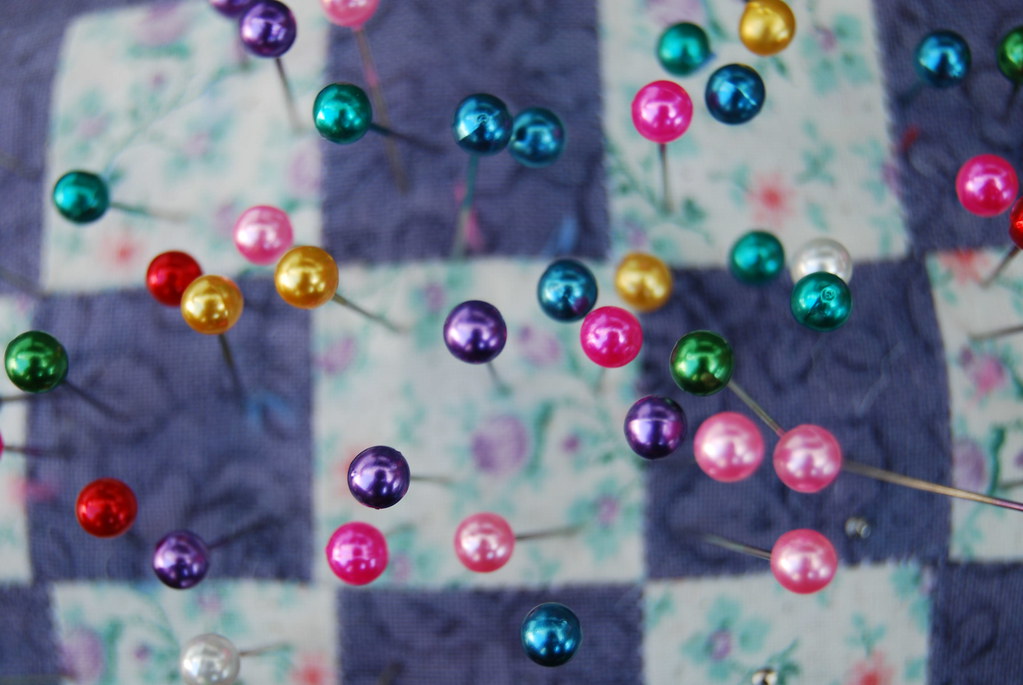
DNA is the programming language of our genetic code and it depends upon four building blocks:
- Adenine
- Cytosine
- Guanine
- Thymine
And you can think of them as being similar to the 0s and 1s we used in machine language. It actually encodes information that our cells depend upon for all their behaviors and DNA can store a lot of data in a very small space. The theoretical limit for data storage in DNA is an exabyte of data per cubic millimeter. So, you could storage a billion gigabytes of data in two ten-thousandths of a teaspoon. This stuff can survive for up to 500 years, even in harsh environments. Compare that to the traditional storage media we’ve used in the past, like CDs or floppy disks. Those might last five or ten years before being corrupted. Even magnetic tape can only last between 15 to 30 years.
A few teams of computer scientists around the world have been experimenting with ways to store data into DNA and they worked with bio engineers to synthesize data and build it block by block. Back in April 2016, a group of scientists with the university of Washington collaborated with Microsoft Research to come up with a new means of encoding information in strands of DNA. They took the binary data of the file they wanted to encode and they converted it into base 4, to match those four building blocks of DNA. They then include ID tags that allowed them to access any byte within a large pool of data. They encoded four large files and they were able to access them almost perfectly, like we are doing with binary system.
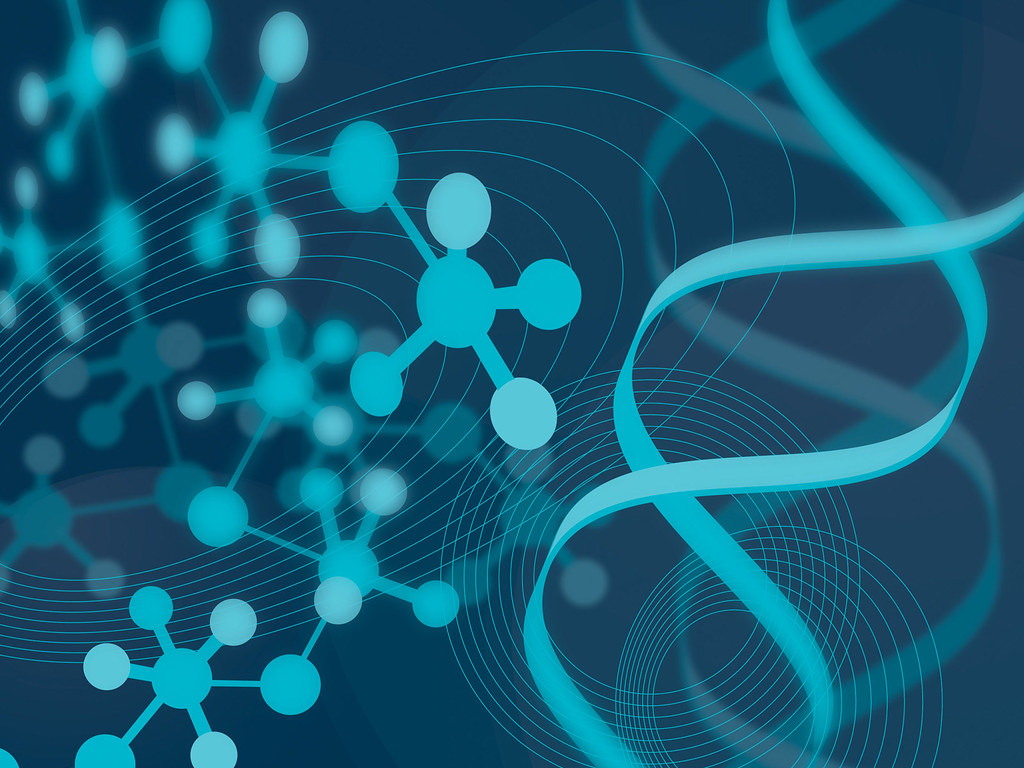
The real barrier to adopting DNA storage is that it takes a lot of money and time to synthesize and sequence that DNA. But bio engineers are bringing those barriers down every single day, because they have incentive to do so. Every day, all humans on earth produce about 25 billion gigabytes and there are companies that make money by parsing all that data like Dropbox, iCloud, OneDrive or Google Drive. World population grows each year with an enormous speed and soon we will have problems not just to store data but to shelter ourselves so there is a huge incentive to go from enormous super center data reserve to the size of a sugar cube.

